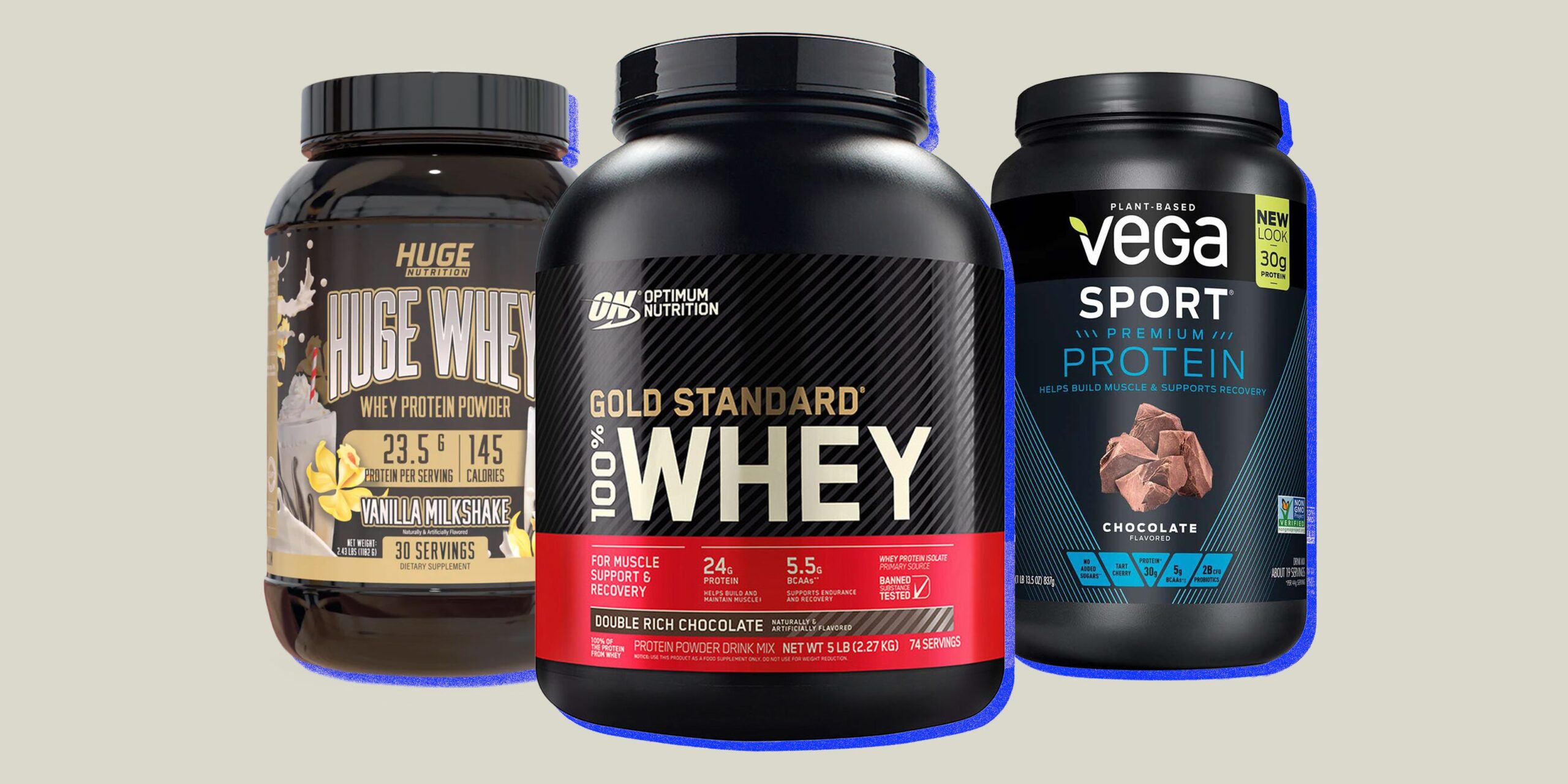Key Highlights
- Consumer Reports found that more than two-thirds of 23 tested protein powder and shake brands contain higher levels of lead than recommended by food safety experts.
- Plant-based options had significantly higher average lead levels compared to dairy or animal-based products, raising concerns among health professionals.
- Protein companies are defending their products, citing natural presence of heavy metals in the environment and adherence to strict testing protocols.
- Health experts advise occasional use of these protein powders but recommend avoiding those with higher lead levels daily.
The Rising Concern Over Lead Contamination in Protein Powders and Shakes
A recent investigation by Consumer Reports has reignited concerns over the safety of popular protein powders and shakes. The report found that more than two-thirds of 23 tested brands contained higher levels of lead, a heavy metal known to be harmful when consumed in excessive amounts.
Implications for Consumers
The findings from Consumer Reports are significant because they highlight potential risks associated with daily consumption of these products. Lead exposure has been linked to various health issues including anemia, hypertension, and renal impairment, according to the World Health Organization (WHO). The report also noted that plant-based protein powders had higher average levels of lead compared to dairy or animal-based options.
Industry Responses: Safeguarding Consumer Health
Consumer Reports tested 23 different brands and categorized them based on their lead content. While some companies defended their products, stating the presence of trace amounts of heavy metals is common in nature, others acknowledged rigorous testing procedures to ensure safety.
Garden of Life’s Response
“Certain substances, such as heavy metals, commonly occur in the environment in soil and water. This may result in low levels of heavy metals in agricultural raw materials,” stated a spokesperson for Garden of Life. The company emphasized that their products are tested to meet established food safety thresholds.
Huel’s Perspective
“A meal of sausages, potatoes, cabbage and carrots can contain around 5 micrograms (µg) of lead, and most adults consume between 20 and 80 micrograms (µg) per day from normal foods,” explained Huel. The brand further clarified that their products are well within internationally accepted safety limits.
Industry Standards and Testing
The response from the industry underscores the complex nature of sourcing ingredients in a globally interconnected food system. Companies like Optimum Nutrition highlighted their commitment to consumer safety, stating they test for heavy metals both in raw materials and finished products.
Expert Recommendations: Balancing Convenience with Safety
Health experts recommend that consumers be cautious but not necessarily avoid protein powders entirely. The WHO advises against consuming high levels of lead, which can pose long-term health risks. While occasional use may be acceptable, daily consumption should be limited to brands deemed safer by consumer reports.
“It’s important for consumers to be informed about the potential risks and benefits of their dietary choices,” said Dr. Jane Smith, a public health expert. “While protein powders can be beneficial for some individuals, it’s crucial to choose products that have undergone rigorous testing and meet recognized safety standards.”
As the trend towards plant-based diets continues, this report serves as a reminder of the importance of thorough ingredient sourcing and quality control in the food industry.

